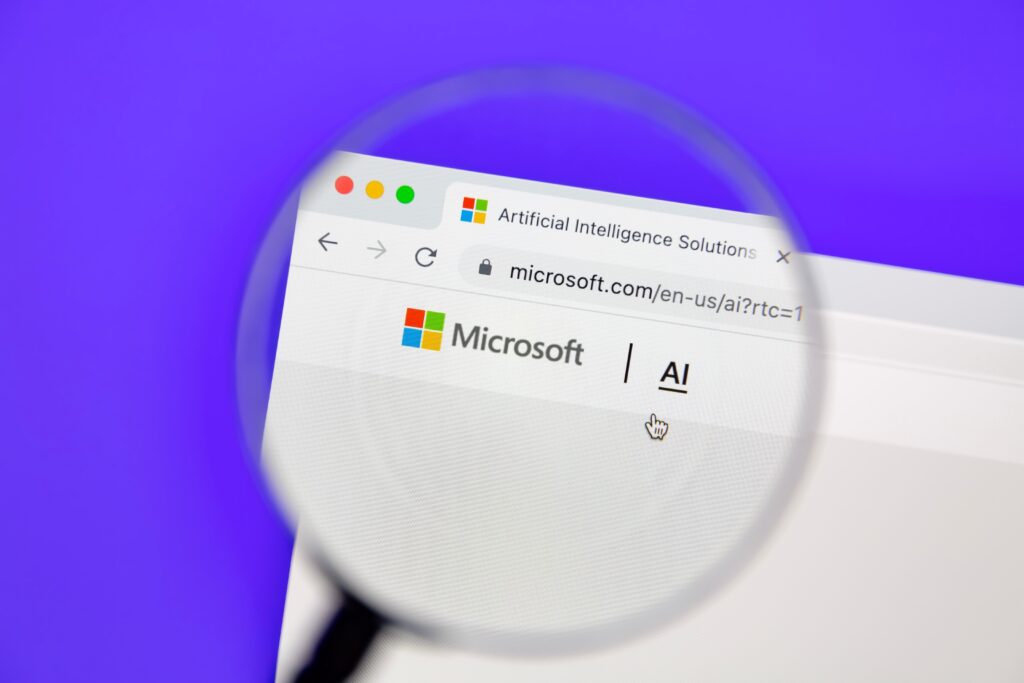Microsoft says workers of the future will manage AI agents instead of doing routine tasks. The tech company envisions a major change in the workplace, where humans become supervisors of intelligent software that handles operations.
Microsoft is calling this transformation the rise of “frontier firms.” These future-focused companies will use AI agents for everything from data collection to customer service. People will focus on high-level decision-making while software handles the rest.
Jared Spataro, a senior executive at Microsoft, shared this vision in a recent blog post. “Every worker will think like the CEO of an agent-powered startup,” he wrote. Microsoft believes that soon, managing AI agents will become as common as checking email is today.
The Three Stages of the AI-Powered Workplace
Microsoft outlines a three-step journey toward full workplace automation. Each step brings employees closer to managing rather than doing.
In the first stage, every worker will use an AI assistant. These tools, like Microsoft Copilot, help schedule meetings, write emails, or summarize documents.
In the second stage, AI agents will take over entire tasks. For example, an AI could monitor inventory or prepare financial reports on its own. These agents will become digital teammates — not just tools, but coworkers.
Finally, in the third stage, people will move into leadership roles. Workers will give strategic instructions, check results, and manage multiple agents. According to Microsoft, this setup will make companies more productive, flexible, and fast.
Some organizations are already testing this vision. For example, consulting giant McKinsey uses Microsoft’s Copilot Studio to automate internal tasks like calendar management and data entry.
AI Brings Efficiency — But Also Risk
Experts say AI can help companies grow, but warn that too much reliance on machines may bring serious downsides.
Microsoft highlights the benefits of AI: lower costs, faster output, and smarter decisions. However, other voices are more cautious.
A report by the International Monetary Fund (IMF) shows that around 60% of jobs in advanced countries could be impacted by AI. While some jobs will become easier, others might disappear entirely.
In the UK, the Tony Blair Institute says up to 3 million private sector jobs could be lost to automation. Sectors like finance, marketing, and administration are among the most exposed.
Dr. Andrew Rogoyski, from the University of Surrey, warns that replacing people with AI could lead to long-term problems. “Replacing humans may save costs, but it risks losing innovation, relationships, and corporate wisdom,” he said.
Even Microsoft admits the transition will be complex. The company encourages businesses to invest in training and ethical AI practices to avoid harmful consequences.
Companies will need to rethink hiring, training, and leadership as AI agents become more common.
In the coming years, managing software may become a core job skill. Instead of doing repetitive tasks, employees will oversee multiple AI agents. This shift could open up new types of jobs — like AI strategy manager, prompt engineer, or agent workflow designer.
But the shift will also demand major changes in how companies train and support their staff. People will need digital skills, critical thinking, and emotional intelligence to thrive in an AI-rich workplace.
Organizations that adapt early may gain a strong edge. Those that wait could fall behind.
